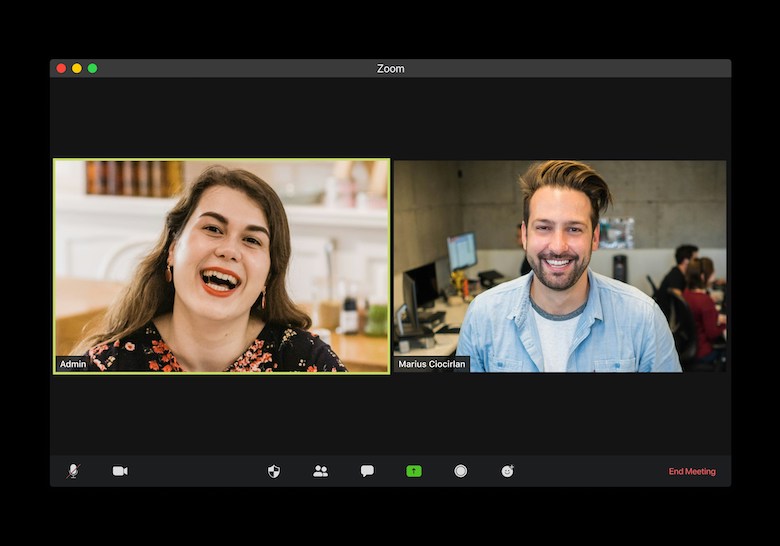
The process of candidate screening encompasses a variety of techniques to evaluate an applicant’s qualifications, competencies, and suitability for a position. These methods are typically classified as follows:
Conventional Techniques:
- Resume Evaluation: This involves scrutinizing candidates’ resumes to assess their educational background, professional experience, and skill set.
- Face-to-face Interviews: This method includes conducting in-person interviews to gauge the communication abilities of candidates and their compatibility with the organization.
- Reference Verification: This entails reaching out to both professional and personal references provided by the candidate to gain insights into their previous performance.
Contemporary Techniques:
- Digital Assessments: These include cognitive ability tests, personality evaluations, and skills assessments used to appraise candidates.
- Video-based Interviews: This technique involves carrying out video interviews to measure communication capabilities and the ability to deliver articulate responses effectively.
- Data-driven Screening: This leverages data analysis tools for screening applicants by examining resumes and social media profiles for discernible patterns or trends.
Recommended Practices:
- Ongoing Learning: Regular examination of hiring results and relevant metrics is crucial for refining screening strategies.
- Technology Adoption: The use of Applicant Tracking Systems (ATS) and AI-powered instruments can significantly enhance the efficiency of screening processes.
- Hybrid Approach: A combination of conventional and contemporary techniques provides a holistic understanding of potential candidates.
By effectively integrating these methods, organizations can streamline their recruitment processes, pinpoint top-tier talent, and make well-informed hiring decisions while conserving time and resources.

